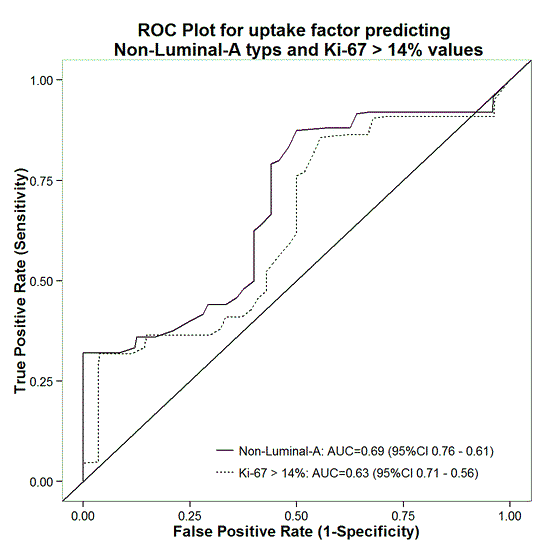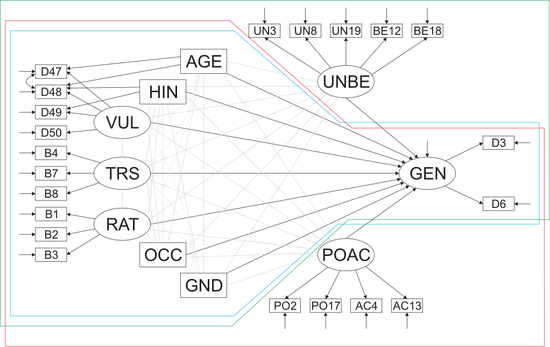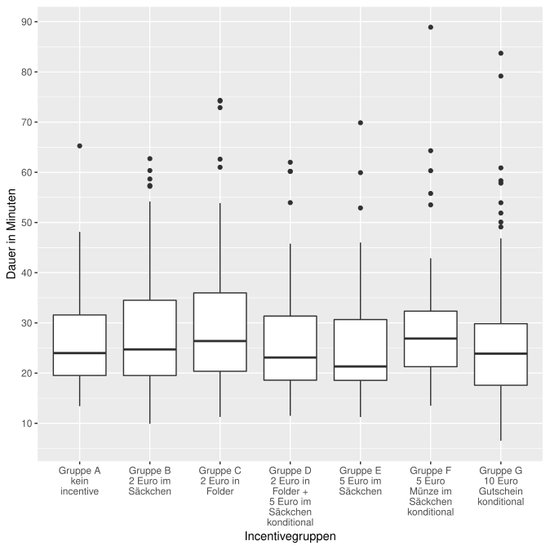Social Scientist and Data Analyst
University of Salzburg
Biography
Alexander Seymer teaches statistics and research methods at the University of Salzburg and the Paracelsus Medical University Salzburg. His research interests include the association of personal values and public opinion primarily but not exclusively in the context of welfare states, statistics with a focus on latent variable modelling and everything related to R. Besides his attention to quantitative comparative social science research, his genuine and general interest in statistics led to collaborations with scholars from other disciplines during the last years.
He received his Diploma in Sociology from the University of Leipzig and continued his studies in the International Master programme in Social Policy Analysis by Catholic University Leuven, Luxembourg and Associate Institutes. After studying seven years at universities and research institutes, he decided to apply his knowledge in the context of politics working three years in Brussels. Two of the three years, he dedicated his efforts as assistant to a Member of the European Parliament. Eager to integrate his work and academic experiences, he started his PhD at the Salzburg Centre for European Union Studies at the University of Salzburg. He is currently working at the Department of Political Science and Sociology.
Interests
- Public Opinion
- Personal Values
- Welfare States
- European Union
- Quantitative and Comparative Social Science
- Survey Methodology
- Structural Equation Modeling
- Latent Variable Modeling
- The R Project for Statistical Computing"
Education
-
Dr.phil. in Sociology, 2013
University of Salzburg
-
MSc in Social Policy Analysis, 2005
University of Leuven
-
Diploma in Sociology, 2004
University of Leipzig



